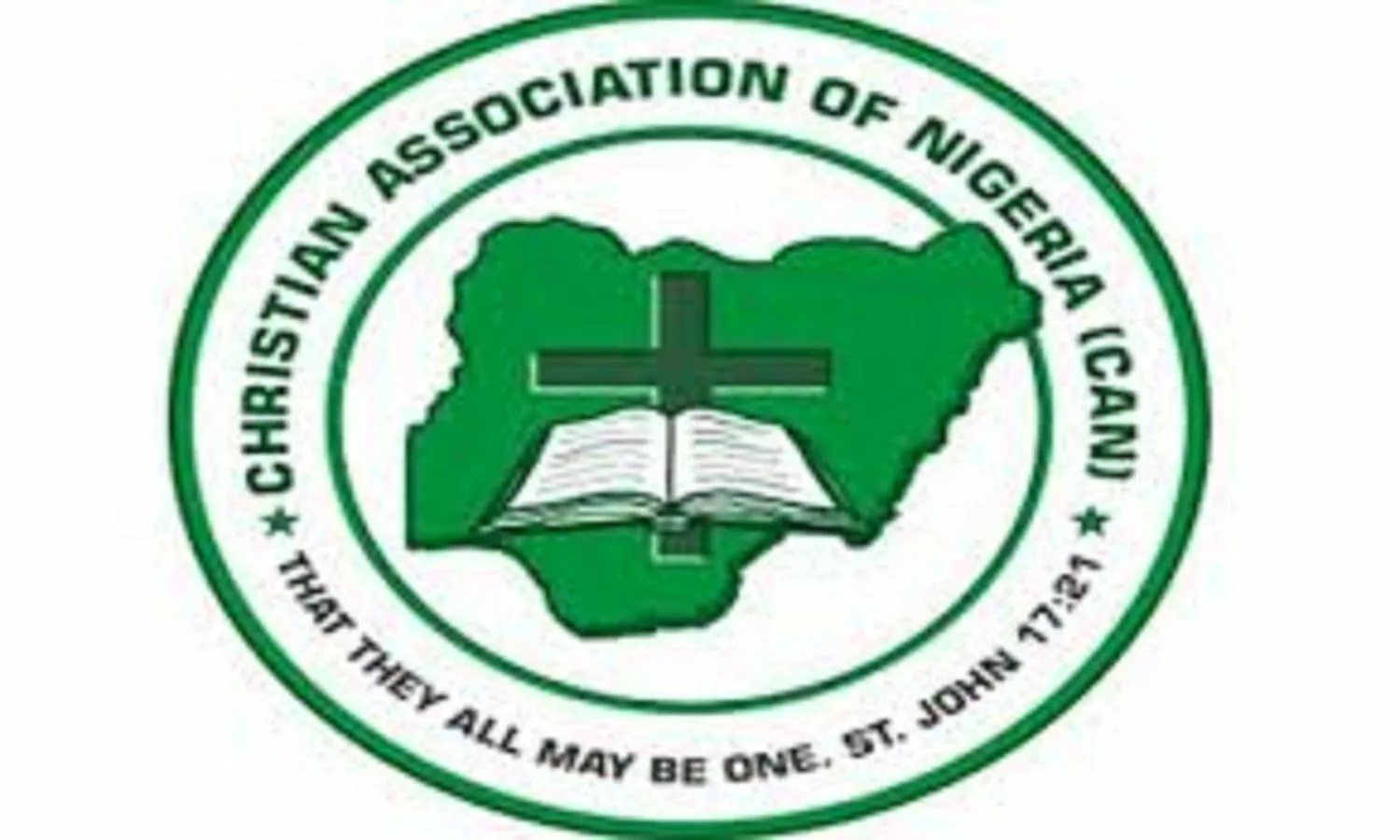The Christian Association of Nigeria (CAN) has issued a statement asserting that any communications from groups claiming to be affiliated with the organisation, such as „Northern CAN,“ „Southern CAN,“ or other regional entities, do not reflect its official stance and should be disregarded by the public and media.
In a statement signed by CAN President, Archbishop Daniel Okoh, the organisation emphasised that it has noted the circulation of statements attributed to these unofficial groups.
“These entities are not recognised within our constitutional structure,” Okoh stated, underscoring that statements from such groups carry no official weight.
“All stakeholders, especially media organisations, are strongly advised to verify the authenticity of any communication attributed to CAN by contacting the National Secretariat or confirming that the President or his designated representative signs it. This will help prevent misinformation and preserve the integrity of CAN’s official voice,” he added.
Okoh reiterated CAN‘s commitment to fostering Christian unity and peaceful coexistence across Nigeria, appreciating the public‘s continued support while urging everyone to rely solely on communications released through verified channels.
“This official clarification regarding our organisational structure and authority is necessary to ensure accurate public representation and to prevent the spread of misinformation,” he said.
Detailing the structure of CAN, Okoh explained that the organisation operates on a four-tier system. Its national headquarters is located in Abuja, and it is led by the President and the National Executive Council (NEC).
“The General Assembly ratifies significant decisions, including the election of the President. This level directs national policy and represents all Christian denominations across Nigeria,” he explained.
At the zonal level, CAN is divided into five geopolitical zones: North-West, North-East, North-Central, South-West, South-East, and South-South, each managed by a Zonal Chairman and Executive Committee.
“The zonal structure acts as an intermediary for coordination and implementation of national directives, promoting unity among state chapters,” he noted.
At the state level, CAN maintains a presence in all 36 states and the Federal Capital Territory (FCT), where chapters are led by State Chairmen and Executive Committees.
Okoh specified that there are councils in all 774 Local Government Areas at the local government level, managed by local chairmen who oversee grassroots Christian affairs.
“The authority to issue official press statements on behalf of CAN resides solely with the President, as stipulated in the CAN Constitution. I, Archbishop Daniel Okoh, am the only person empowered to speak on behalf of the Association on matters of national and international importance.
„While zonal, state, and local chapters may communicate about their contexts, they do not have the authority to represent the national position of CAN unless specifically permitted by national leadership,” he said.











